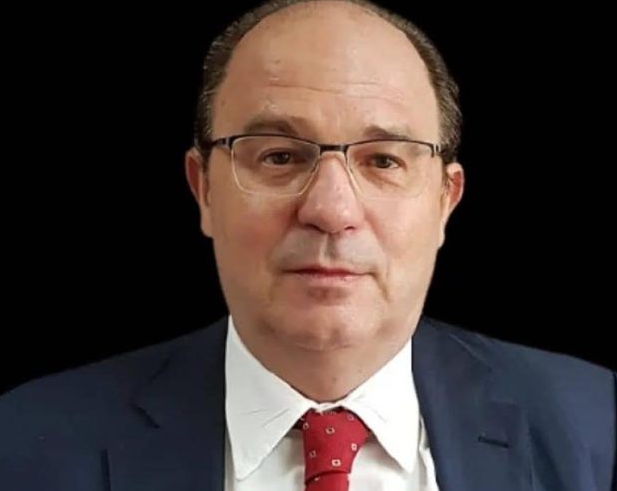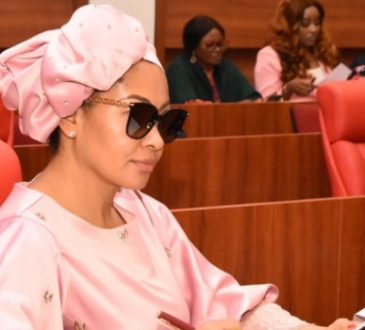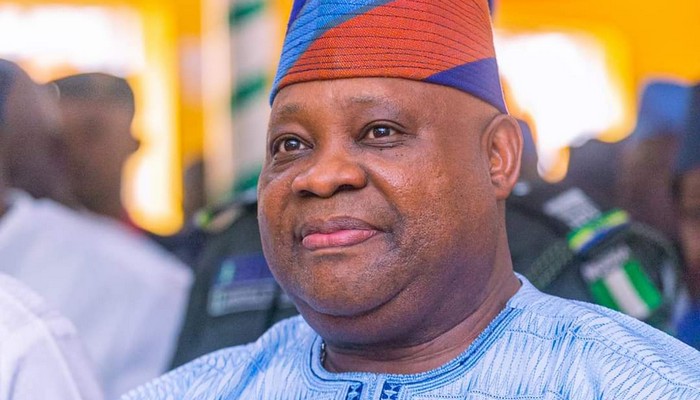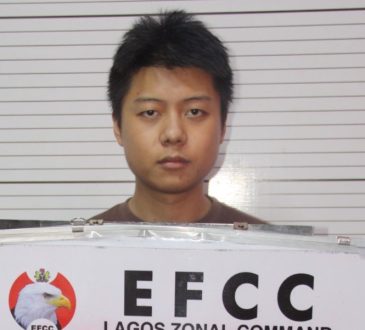
• Advises NASS against directly involving in contract execution
The Socio-Economic Rights and Accountability Project (SERAP) has called on the National Assembly to publish reports of investigation of corrupt practices that the legislature conducted since 1999 even as it calls on the lawmakers to stop directly getting involved in the execution of projects by ministries, departments and agencies (MDAs) to ensure proper and effective exercise of their oversight functions.
The demands were part of Freedom of Information (FoI) requests to the Senate President, Ahmad Lawan, and Speaker of the House of Representatives, Mr. Femi Gbajabiamila.
In the requests dated July 25, 2020 and signed by SERAP Deputy Director, Kolawole Oluwadare, the group also urged the legislative arm to “disclose the number and details of its public hearings and corruption probes that have resulted in any indictment of suspects, and to name such suspects”.
According to SERAP, the reports should be sent to appropriate anti-corruption agencies to be considered if there is sufficient admissible evidence to pursue prosecution.
To SERAP, the most effective way to deter corruption is to make the cost of engaging in these types of acts higher than the rewards.
“This can only be accomplished by making public the reports and pursuing public accountability for corrupt acts. Doing so would also give Nigerians greater confidence that their lawmakers can use their constitutional oversight functions to address corruption in Nigeria.”
In another request, the body calls on the lawmakers to stop from directly getting involved in the execution of projects by ministries, departments and agencies (MDAs) to ensure proper and effective exercise of their oversight functions, including investigations of corruption allegations, such as those involving the Niger Delta Development Commission (NDDC) and Nigeria Social Insurance Trust Fund (NSITF).
The FoI requests, read in part: “We also urge you to urgently use the opportunity of the ongoing public hearings and corruption probes to influence Nigeria’s anti-corruption agenda, including by immediately amending section 52 of the Independent Corrupt Practices and Other Related Offences Act on independent counsel for corruption.
“Section 52 requires the Chief Justice of Nigeria to authorise an independent counsel to investigate any allegation of corruption against high level public officials, and to report his/her findings to the National Assembly or appropriate house of assembly.
‘The proposed amendment should include additional requirements, beyond merely reporting to lawmakers, that would allow the independent counsel to use the findings of any investigation as a basis to pursue effective prosecution of corruption cases without any authorisation by the executive or the National Assembly”, it added.






